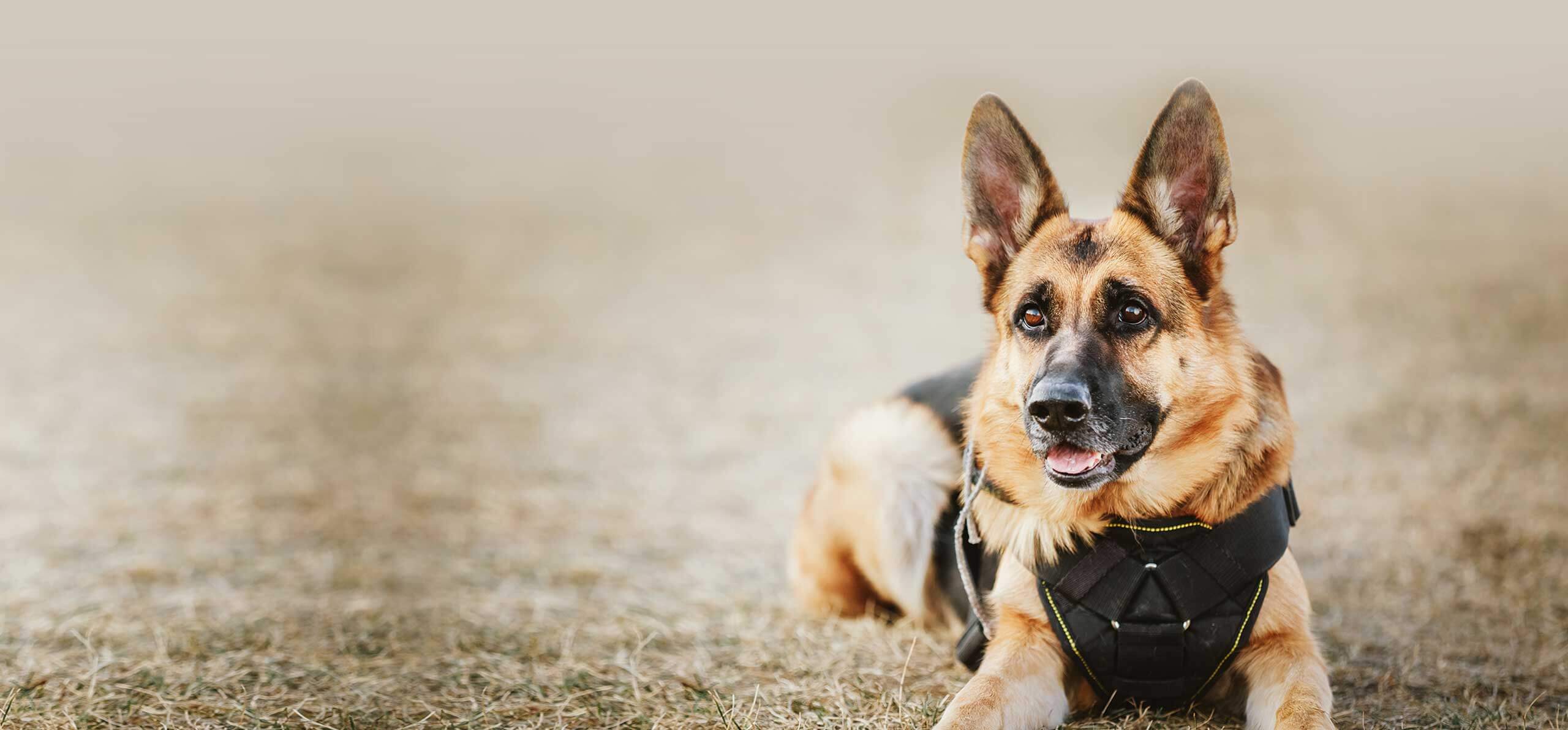Honorably discharged after serving in Afghanistan, Cole sought treatment for his PTSD and received an antidepressant prescription from a psychiatrist.
Desperate to find relief from his mental suffering, Cole finally received the help he needed. Not from a pill or professional therapist — but from a canine companion.
After the Veteran’s Administration decided not to provide service dogs for veterans in 2012, Cole spent $10,000 of his own money to adopt Kaya, a German Shepard service dog.
Kaya had been trained to sense stress patterns and wake Cole from his nightmares. Within weeks, he improved. He had fewer nightmares, and Kaya’s companionship helped prevent lapses into depressive episodes.
Cole has now made it his mission to ensure other veterans are able to procure potentially lifesaving dogs like Kaya. Lobbying for the Puppies Assisting Wounded Service Members Act, or PAWS, Cole hopes to require the VA to enact a five-year program to provide service dogs to qualified veterans.
For veterans battling PTSD, service dogs are more than best friends — they can be lifesaving companions.
The Science
At first, the VA concluded there was no scientific proof that service dogs could make a significant impact on those suffering from PTSD, a conclusion men and women like Cole fought back on.
There’s increasing research that indicates positive biological effects from dog interactions. Petting, cuddling or just being around a dog can help release higher levels of the hormone oxytocin.
Sometimes called the “love hormone,” oxytocin generates feelings of love and trust and is released through simple acts of touching and hugging. Oxytocin may also help reduce levels of cortisol, the hormone responsible for physiological and emotional stress.
This is important for veterans who suffer from PTSD so badly they can barely hug their children or sit in a dark movie theater without experiencing anxiety attacks. Regular doses of oxytocin from service dog interactions, can help repair the physiological and psychological damage caused by the trauma these veterans experienced.
Of course, there isn’t a one-size-fits-all treatment for PTSD because it’s not fully understood and every individual is different. Canine therapy through service dogs isn’t a cure-all, but hundreds of veterans know these dogs have changed and even saved their lives.
As Joe Aguirre, a four-tour Iraq and Afghanistan veteran said, “I honestly feel without Munger (his service dog)…I probably wouldn’t be alive.”
The brave service men and women in our country are truly heroes, and so are the four-legged companions trained to give back the unconditional love and healing our military members deserve.

